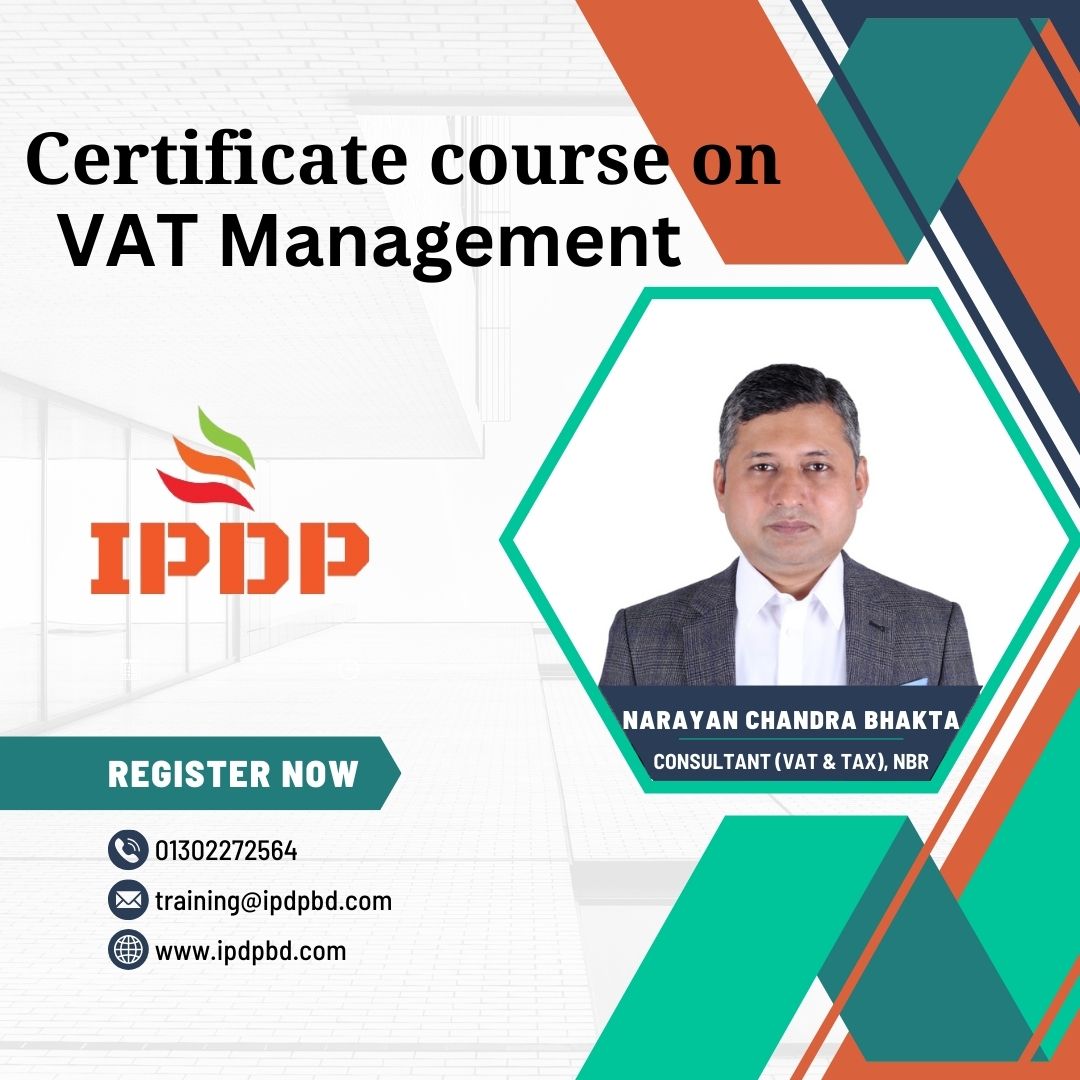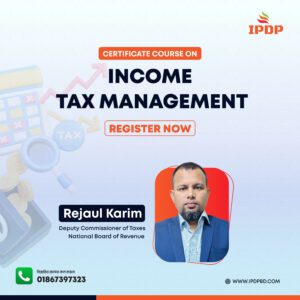Introduction:
Valued Added Tax (VAT) is a very important matter of today’s life. Everybody comes across different aspects of VAT in course of his daily life and professional life. Be it an industry or any business house or any government or non-government office, there lies either the need for paying VAT or deducting VAT at source. All retail buyers require knowing the need for and importance of taking VAT Challan. So, it is important for everyone to obtain basic knowledge on VAT. It is more important for them whose decisions matter for their businesses, industries and offices. Moreover, people dealing with income tax, audit, management, finance, procurement, bills payable etc. sections in different businesses and industries require knowing many things regarding VAT, some of those matters are tricky in nature. Updated knowledge in the area is needed to lead a team in corporate houses. An executive or a corporate team leader not only requires to know the rules and regulations currently in practice but for promoting the purposes of the organizations, they require to know what rules and regulations are in the offing that will impact them. The Value Added Tax and Supplementary Duty Act, 2012 (new VAT law) has been passed by the parliament in 2012. Preparatory work is now going on to make the law fully effective from 1 July 2019. The executives and corporate leaders require knowing promptly what are the basic features of the new VAT law and how the new VAT law differs from the VAT law currently in force. The new VAT law shall be implemented through automated system. So, it also requires knowing what shall be the role of the VAT payers in the automated process. VAT deduction at source is a very important aspect of our VAT system today. People serving in the VDS withholding entities require knowing in details the provisions regarding VDS. This program is designed to provide the participants the VAT knowledge in these areas.
How will participants benefit after this training?
The purpose of this program is to provide the participants basic understanding regarding the features of the new VAT law and to make them understand how the new VAT law is different from the current VAT law (VAT Act, 1991). Another purpose is to make them understand the features of the automated system through which the new VAT law shall be implemented. In addition, providing working knowledge regarding the provisions of the current VDS system is also a purpose of this training. Thus, attending the program, the participants:
— Can develop knowledge regarding the basic features of the new VAT law & Customs law;
— Can develop knowledge regarding how the new VAT law is different from the current VAT law;
— Can understand the basic features of the automated system through which the new VAT law & Customs law shall be implemented;
— Can understand their role to implement the new VAT law;
— Can understand the basic provisions of current VDS system;
— Can plan strategies for their organizations ahead to face future challenges;
Contents of Training: |
|
Day: 01
|
Day: 02
|
Day: 03
|
Day: 04
|
Day: 05
|
Day: 06
|
Day: 07
|
Day: 08
|
















































































